Going to a hospital these days sends a chill down most people’s spines. The fear of the hospital bill is unavoidable because most people cannot pay the bill in full right away. At least, that is what McAlester Regional Medical Center has been banking on.
The medical center is suing patients in small claims court for not paying their medical bills. How is this possible and can it happen to you? Let’s get into it.
Hospitals Are Suing Residents for $40,000

Deborah Hackler, a lawyer who sues patients on behalf of the medical center, recently sent out 51 debt collection lawsuits to the residents of a small farm community in Oklahoma. For nearly three decades, these lawsuits have generated a hefty payday for Hackler and the hospital, according to KFF Health News.
According to court records, Hackler has secured nearly $40,000 in judgments, plus a 10 percent fee for herself from this type of lawsuit.
Are Hospitals Allowed to Sue?

Since the early 1990s, the shadow of medical debt has loomed large over McAlester, Oklahoma, a small farming community of 18,000 residents. Records reveal a staggering number–nearly 5,000 debt collection cases filed by McAlester Regional Medical Center and an affiliated clinic.
This aggressive legal pursuit has left its mark on the town, with some residents facing multiple lawsuits for unpaid medical bills.
There Has Been a Rise in Hospital’s Suing Patients

“We have a health system that is putting immense financial pressure on patients. Whether it’s surprise medical bills or this rise in hospitals suing over unpaid medical bills, these kinds of financial risks make patients wary of going to the hospital for care they need,” says Zack Cooper, an associate professor of health policy at the Yale School of Public Health and of economics in the Faculty of Arts and Sciences.
Cooper continues: “Our findings that hospitals are suing patients more frequently underscores the need to reform a health system that is, too often, geared towards the convenience of the people working in it, not those using it.”
Why Are Third Parties Involved?

When the hospital has unsettled bills, the providers will usually hire a third-party collections agency when internal collections fails to receive payments. If the third-party can’t get the payment, then they will file a small-claims lawsuit.
While Oak Valley Law Group says that the hospital is unlikely to profit off of the case due to the high cost of litigation. The attorney is more likely to make a profit on the case than the hospital.
Oklahoma Has No Laws to Protect Patients from Hospital Lawsuits
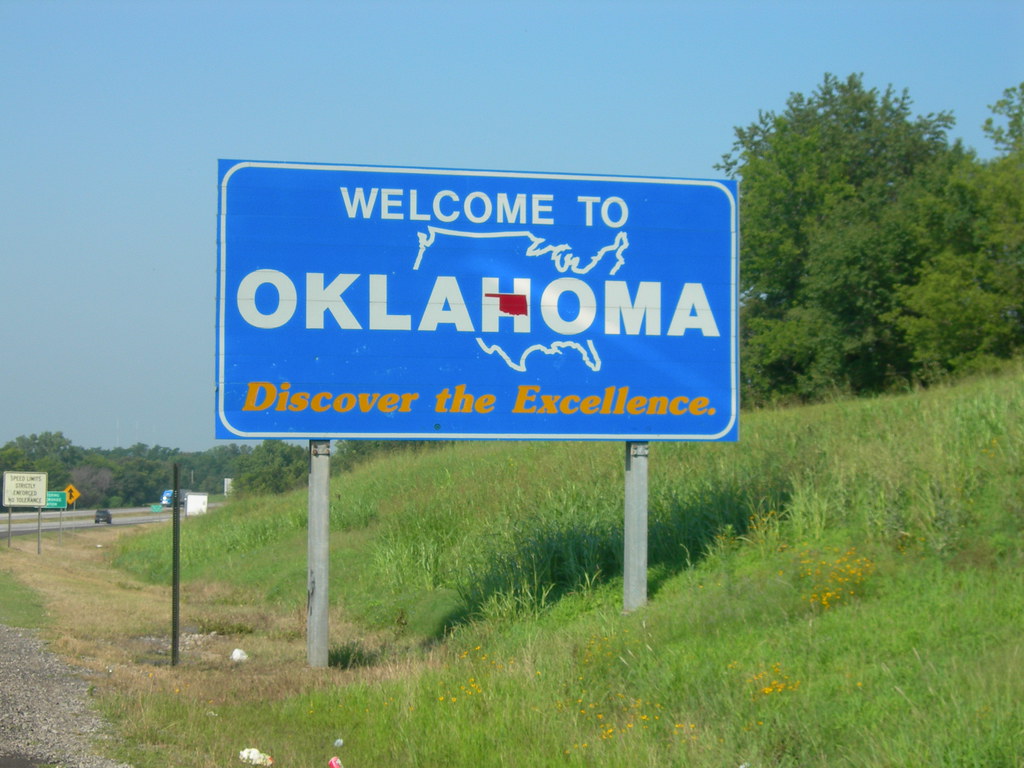
“There’s a lot that’s not right,” Sherry McKee, a dorm monitor at a tribal boarding school just outside McAlester, said at KFF Health News. McKee has been sued three times, including recently for a $3,375 bill for her vertigo.
In Oklahoma, an effort to limit hospital lawsuits from taking advantage of low-income patients. Unfortunately, the effort failed in Oklahoma Legislature in 2021.
Healthcare Debt Is a Huge American Problem

Healthcare debt has a significant impact on more than 100 million Americans, affecting their finances, health, and well-being in several ways, adding to the $34 trillion of debt Americans have. Medical collection cases clog courtrooms.
In small-town America, a hospital’s debt collection can go on for years. The influential and powerful people in the town seem to be helping the hospital get away with it, too.
Who Benefits From These Lawsuits?
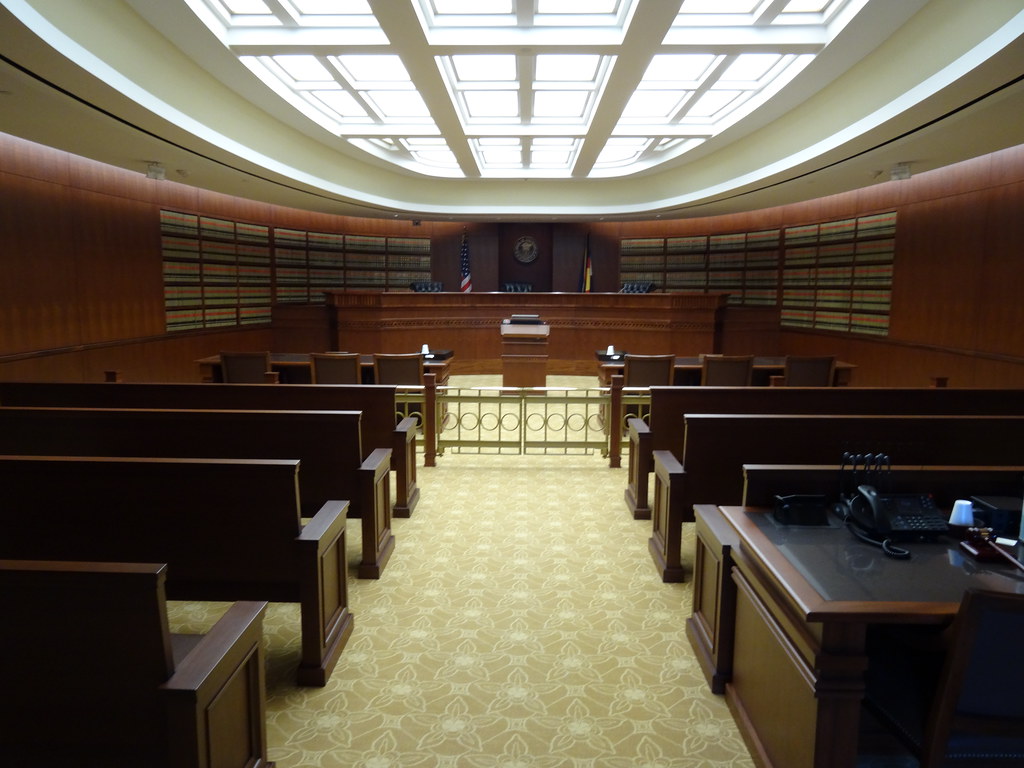
In McAlester, the lawsuits create business for some individuals. The Adjustment Bureau, a local collection agency that is located in a concrete building down the street from the town’s courthouse, and Hackler benefit from the small-claims lawsuits.
Unfortunately, the common people, like patients and their families, are feeling the burden of the lawsuits.
Hospitals Targeting Low-Income Communities
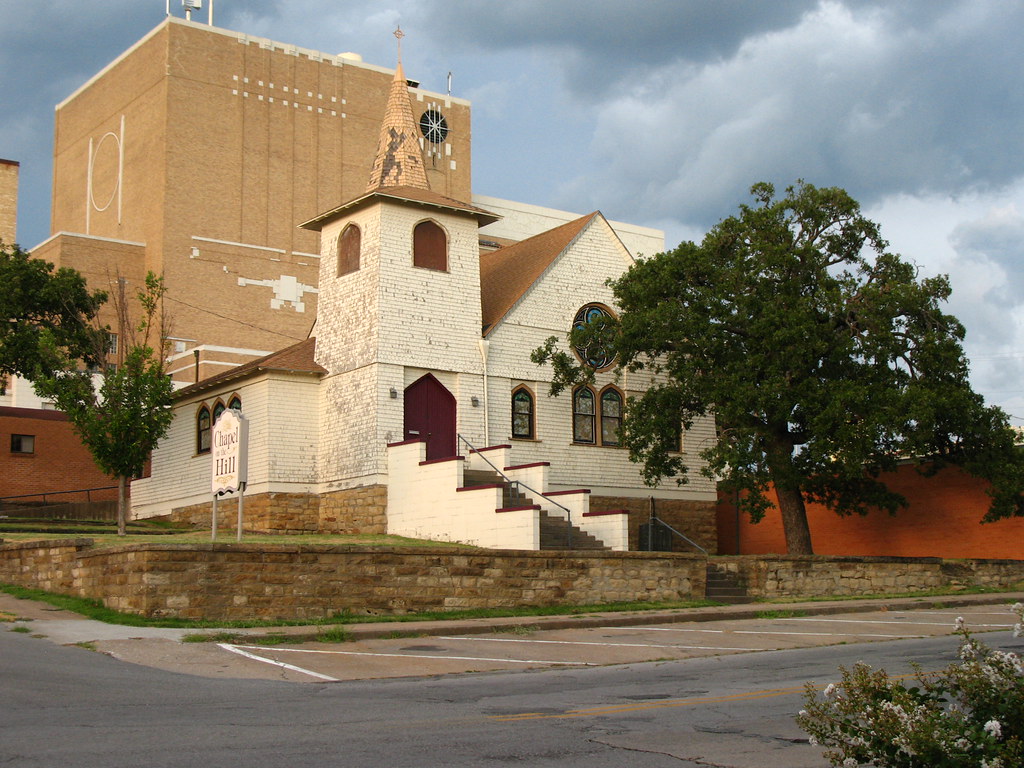
According to KFF Health News, McKee wasn’t sure how she was going to pay off her recent judgment. The amount exceeds her monthly salary. One in five residents in McAlester live to the federal poverty line.
“This affects a large number of people in a small community,” attorney Janet Roloff says. Roloff has been assisting low-income clients with legal issues in and around McAlester for a few years.
There Are No Other Options for Rural or Low-Income Residents

“I was disappointed to learn that nonprofit and critical access hospitals, which receive significant government support in part to help them provide care to low-income and rural communities, have been the most aggressive in suing their patients,” Neale Mahoney, an economics professor at Stanford University, says to Yale News.
“Critical access hospitals are oftentimes the only accessible option for rural residents in need of essential services,” says Mahoney.
Why Is the Hospital Suing?

The hospital has its own issues that it is facing. Operated by the city’s authority, the hospital is fading into time and in desperate need of repairs. According to the state auditor’s website, the hospital has been operating in the red for years.
“I’m trying to find ways to get the entire community better care and more care,” said Shawn Howard, the hospital’s chief executive.
The Hospital Seems to Need More Money
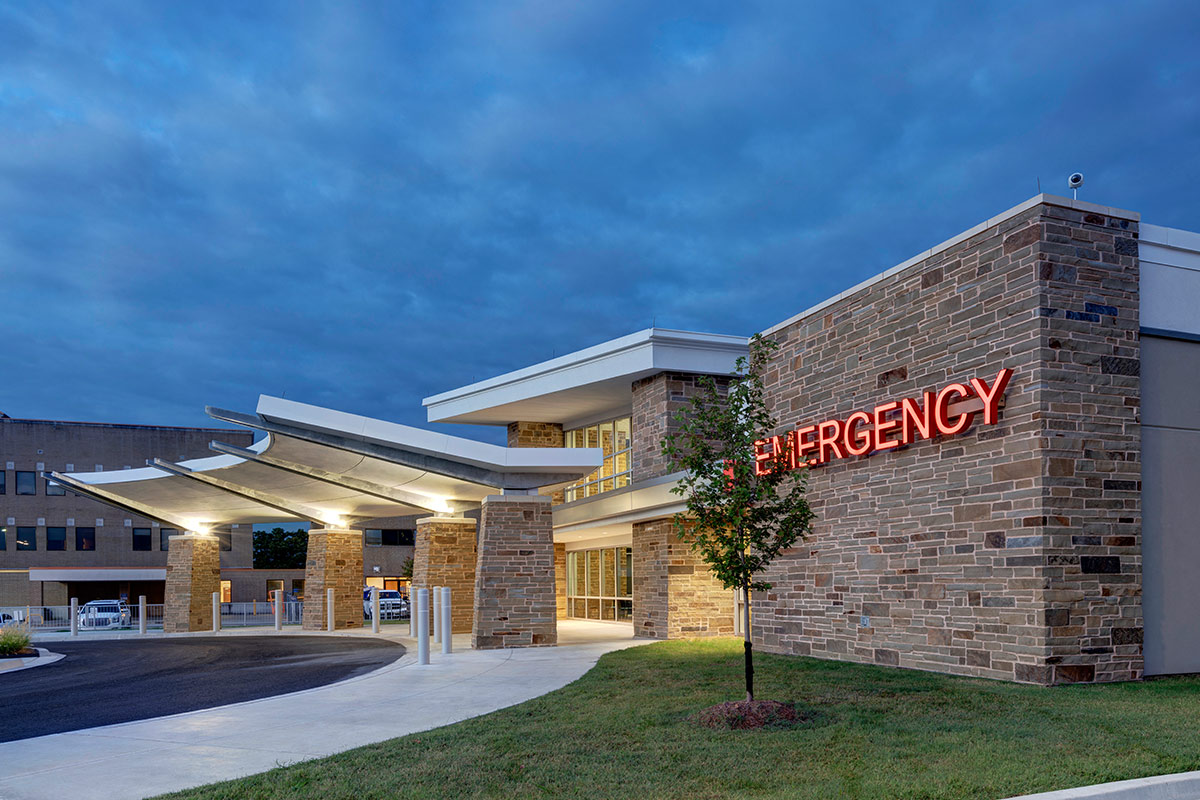
The hospital operates as a clinic for low-income patients and says that it has “limited appointments” at no cost for approved patients, according to its website. However, KFF Health News discovered that audits reveal that the hospital offers very little financial assistance.
In 2022, the hospital was provided with $114,000 in charity care from an operating budget of more than $100 million. However, charity care should have totaled $2 or $3 million out of a $100 million budget.
About 5,100 Hospitals Have Sued Patients
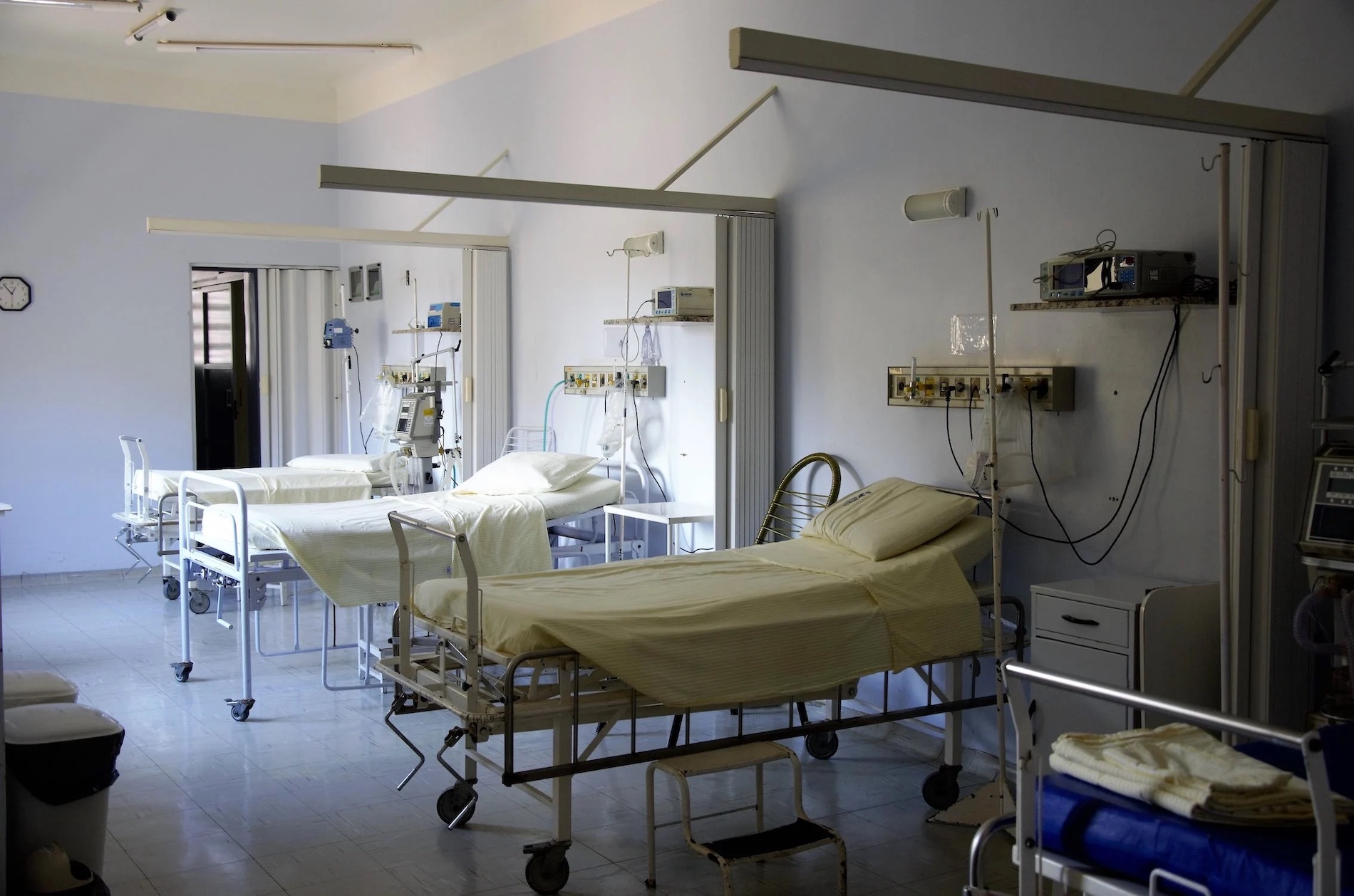
The McAlester hospital isn’t the only one suing patients. According to NPR, approximately 5,100 hospitals that sever the general public that have polices to use legal action or other aggressive tactics against patients.
A majority of hospitals also kept their collection activities hidden from the public, instead posting incomplete or no information at all about what patients can do if they can’t pay.
What Do Hospitals Have to Say About Their Aggressive Collecting?

“We don’t want to promote the concept that medical bills just go away, especially for those who are able to pay,” said Michael Beyer, who oversees patient accounts at the nonprofit Sanford Health, tells NPR.
While charity care is offered at most U.S. hospital, these providers, which must provide financial aid so they do not have to pay taxes, often do not inform or publish on their websites that they offer aid.
People Are Avoiding Hospitals Now

Mothers have been hounded by bills after cradling their newborns, with some being sued twice. Even those seeking solace in the sterile hush of emergency rooms find themselves entangled in legal knots.
Most people in the town avoid going to the hospital for any type of care. Why do people not challenge these debt collection cases? The answer is simple.
How Can Patients Find Aid for Hospital Bills?

Finding aid can be an impossible task for most patients in the U.S. Often, the complicated process requires patients to produce exhaustive amounts of personal financial information, and the standards vary to each provider.
Feeling helpless, most patients often accept whatever the hospital is willing to charge them. Often, these patients can’t pay those bills.
It Is Almost Impossible for Patients to Find Information They Need

“The system doesn’t work,” said Jared Walker, founder of Dollar For, a nonprofit that has helped thousands of people across the country apply for financial aid.
“Patients can’t find the information they need. Half the time, when they do apply for assistance, they never hear back. Basically, hospitals do what they want, and there is no accountability.”
Why Do People Not Challenge These Lawsuits?

Frightened by the unfamiliar legal labyrinth and the prospect of courtroom appearances, hospital lawsuit victims often surrender their rights, never daring to contest the charges.
Financial barriers, time constraints, fear of negative consequences, and a lack of trust in the system lead to people feeling like there is nothing else they can do when a hospital sues them. There’s a chance patients could win a lawsuit if they just challenged it like this hospital employee did.
Some States Have Put Restrictions on Hospital Collections
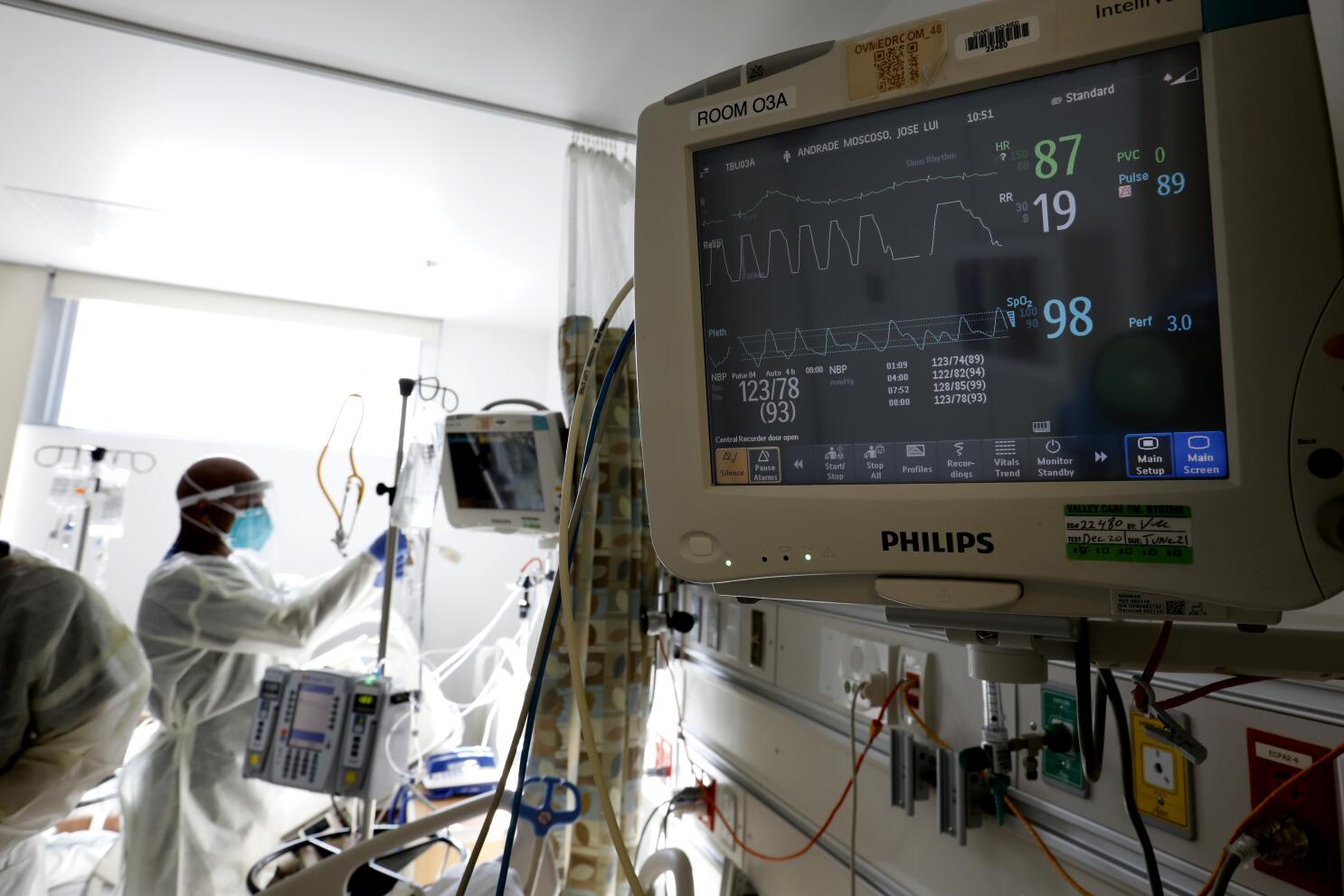
In recent years, some states have stopped their health systems from suing patients after news that this was happening came to light. Several states, like Maryland and New York, have taken major steps to restrict the legal actions hospitals can take against patients.
Unfortunately, there are only three states that limit when hospitals and collection agencies can initiate legal action against patients.
What Can You Do to Protect Yourself?

This type of collection practice is unfortunately common among all types of hospitals across the U.S. NPR reports that industry officials say they are careful about who they target for unpaid bills, most patients with unpaid bills are likely to get sued.
Challenge questionable lawsuits and prioritize swift payment of hospital bills. This double-barreled tactic can shield you from future legal action by hospitals. Don’t rely on the charity system, and do your do-diligence to protect yourself from any aspect of the corrupted healthcare system.
Several Ways to Protect Yourself From a Hospital Lawsuit

According to Consumer Finance Protection Bureau, these are your rights and protections when it comes to medical bill and collections in the U.S.
Several ways to protect yourself is checking your bills for accuracy, looking into financial assistance options, knowing the limits on debt collectors contacting you, pushing back against coercive credit reporting, and submitting a complaint.
Protections Under the No Surprises Act
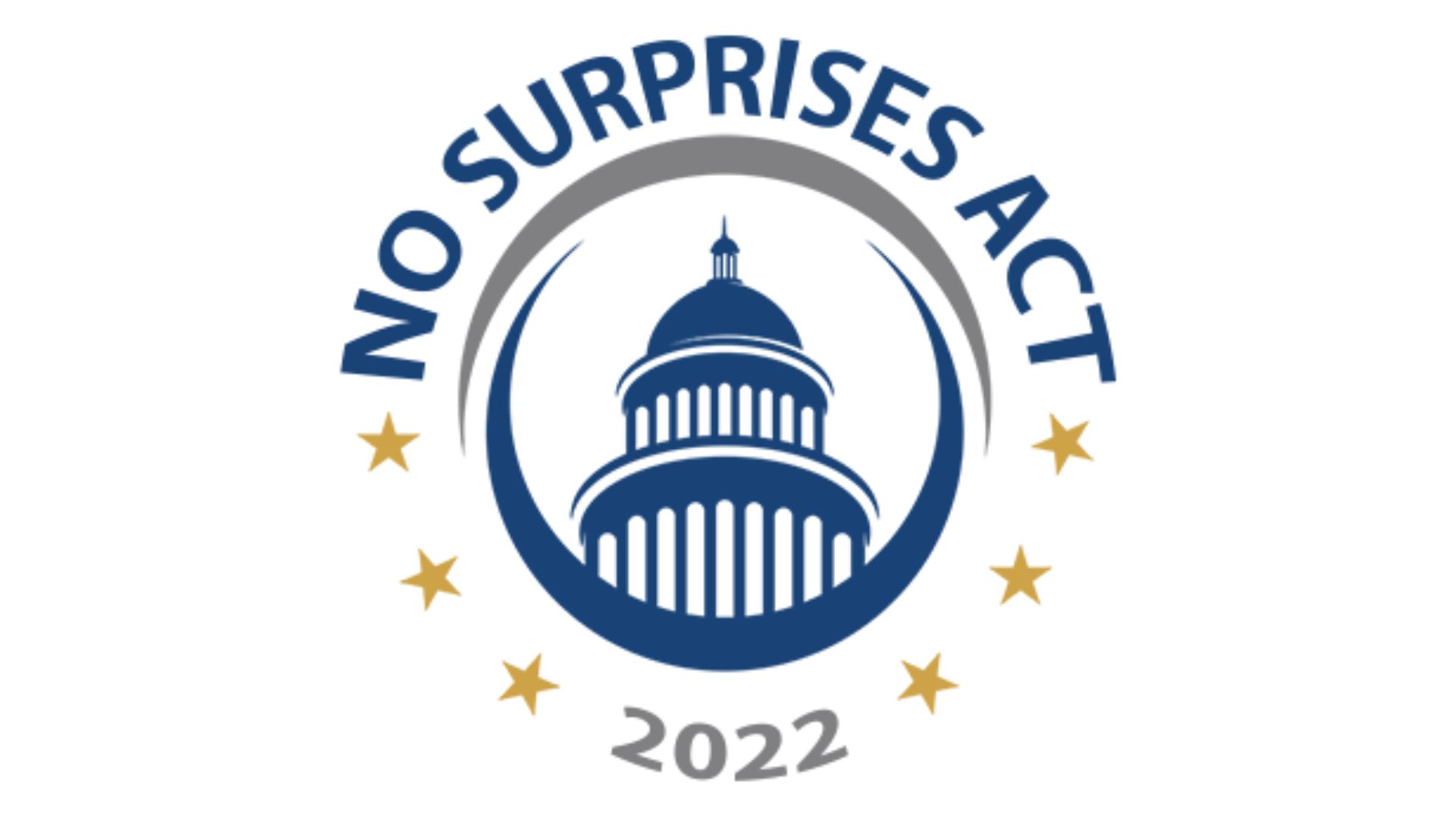
You are also protected under the No Surprises Act. In 2022, the act means you should not receive unexpected bills for emergency services received from a health care providers or facility that you didn’t know was out-of-network until you were billed.
For those who don’t have health insurance or are paying for care without using your health insurance, the provider must give you a “good faith” estimate of how much the care will cost before you get care.
What Happens If You Are Billed More?

Luckily, the No Surprise Act is looking out for patients. If the bill amount is $400 or more than the estimate provided by the provider, you can dispute the charges.
You can dispute the charges through the patient-provider dispute resolution process.
Some Hospitals Have Removes Acts of Aggressive Collections

There are a few hospitals that have rejected taking steps toward aggressive collections: The medical centers at UCLA, Standford University, the University of Vermont Medical Center, and Ochsner Health.
Knowing this can make a big difference for patients who need to go to the hospital. Make sure you know what your local hospital offers in terms of financing so you can prepare for any unexpected emergencies.








































